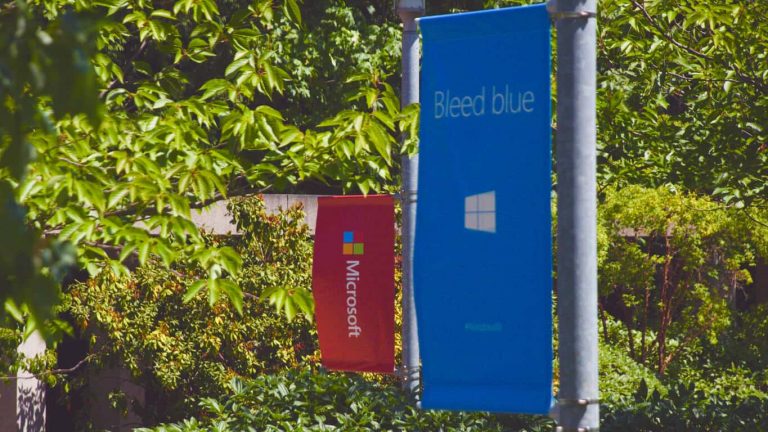Microsoft has been headquartered in Redmond, a “bedroom community” east of Seattle, since 1986, and although there are now Microsoft offices in Seattle, in Bellevue, in Mountain View, California, and in many regional headquarters around the world, the main campus in Redmond has always had the feeling of a somewhat rural college campus. That may be about to change, as according to a report from Bloomberg Business, the company is considering sweeping changes that would transform the headquarters to have a more “urban campus” feel, in order to attract millenial workers more used to urban environments.
While the report states that Microsoft has not made any final decisions on a revamp, it has hired an architectural firm, Skidmore, Owings & Merrill LLP, to work up plans for a potential overhaul. The firm has recently been updating Microsoft’s much smaller Mountain View campus, and designed the world’s tallest building, the Burj Khalifa in Dubai.
The plans would shift away from the private offices that were quite a selling point back in the 80s. Back then the most you could expect from most corporate jobs was a quiet cubicle, but times have changed to favor more open plan shared workspaces, some of which are in evidence already in Microsoft’s newest Redmond offices. A broader makeover could also include new construction along with remodeling existing buildings, to “add amenities such as restaurants, retail spaces and public artwork, in addition to apartments to house visiting employees and interns”.
Microsoft has also been taking steps to connect the somewhat sprawling campus, instituting a shuttle system of cars and mini-buses to get workers from one office to another, and working to build bridges across the 520 freeway, which splits the campus in two. A new light-rail station, part of the Seattle area’s Sound Transit system, is planned for a 2023 opening, with construction to begin next year. The “Redmond Technology Center Station” would help to connect Redmond and Microsoft to the more urban environs of downtown Seattle, where many Microsoft employees already live.


